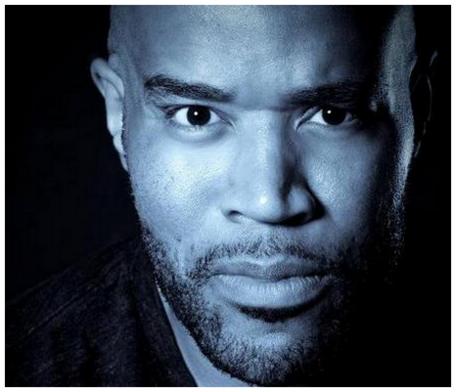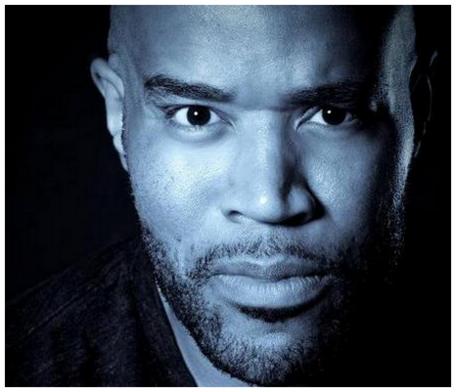[ad_1]
By Sean Yoes, Baltimore AFRO Editor, [email protected]
I was part of an event in the heart of West Baltimore last weekend that fuels my optimism about my city and my people, despite the murder and mayhem that continue to bombard us.
The Practitioner’s Leadership Institute’s (PLI) annual summit took place at the Centers For Urban Families on N. Monroe St. The morning started with strong coffee for me, as I, along with four strong brothers, David Miller, Richard Rowe, Joe Jones and Vernon Wallace, served as judges for pitches delivered by members of the PLI cohort. They were seeking funding for a variety of incredible projects, from entrepreneurship training for incarcerated men, to a Saturday school for Black boys.
As we evaluated the Black brilliance being demonstrated by these men and women, I gazed out the window at venerable New Shiloh Baptist Church, which is right across the street from the Center For Urban Families. For a brief moment, I flashed back three years to April 27, 2015, when I was at New Shiloh reporting on the funeral of Freddie Gray; that’s when the Uprising first jumped off just a few blocks away at Mondawmin Mall. Three years later, I was once again witnessing the incredible resilience and genius of my community, greatness that I have written about in this column for the last three difficult years in our city.

After the interaction with the PLI fellows we had the opportunity to have a brief private audience with the good brother Omar Epps, who has been a part of several iconic Black films: “Juice,” “Love and Basketball,” and “Higher Learning.”
He was in Baltimore to talk about his new book, From Fatherless to Fatherhood and he addressed a strong group of the grassroots activist community. He also signed copies of his book for all in attendance (he was also gracious enough to accept an autographed copy of, Baltimore After Freddie Gray: Real Stories From One of America’s Great Imperiled Cities) Epps, who is a husband and father of three, (ages 10, 13 and 19), never knew his father.
“In my neighborhood there were only two guys who knew their fathers,” said Epps, who only had one interaction with his father at age 12. Epps’ story reflects the pain of countless boys and girls who grew up fatherless (including President Obama). The fact Epps found the strength to move past his personal pain and fear to be a present and by all accounts, outstanding father makes his first literary effort so vital to our community. His journey from Brooklyn where he was raised by his mother (who was in attendance during his discussion and lives in the area), to the upper echelon of the entertainment industry provides valuable insight into the plight of Black American communities that have struggled with the curse of missing fathers since the transatlantic slave trade.
“We can no longer rely on the incredible power of our women,” Epps said. “We don’t accept that amongst our brothers.”
There was so much wisdom exchanged in that space in West Baltimore last weekend; it’s the type of reassurance we all need in these incredibly challenging times in our city and our nation.
But, perhaps one of the most important narratives Epps delivered was one of forgiveness of the people that have hurt us and more importantly, for ourselves.
“When we rationalize this trauma we’re giving ourselves a lot to unpack,” Epps said.
“When it comes to me…I broke the cycle. I’m proud of that.”
Sean Yoes is the Baltimore editor of the AFRO and author of Baltimore After Freddie Gray: Real Stories From One of Baltimore’s Great Imperiled Cities.
[ad_2]
Source link


